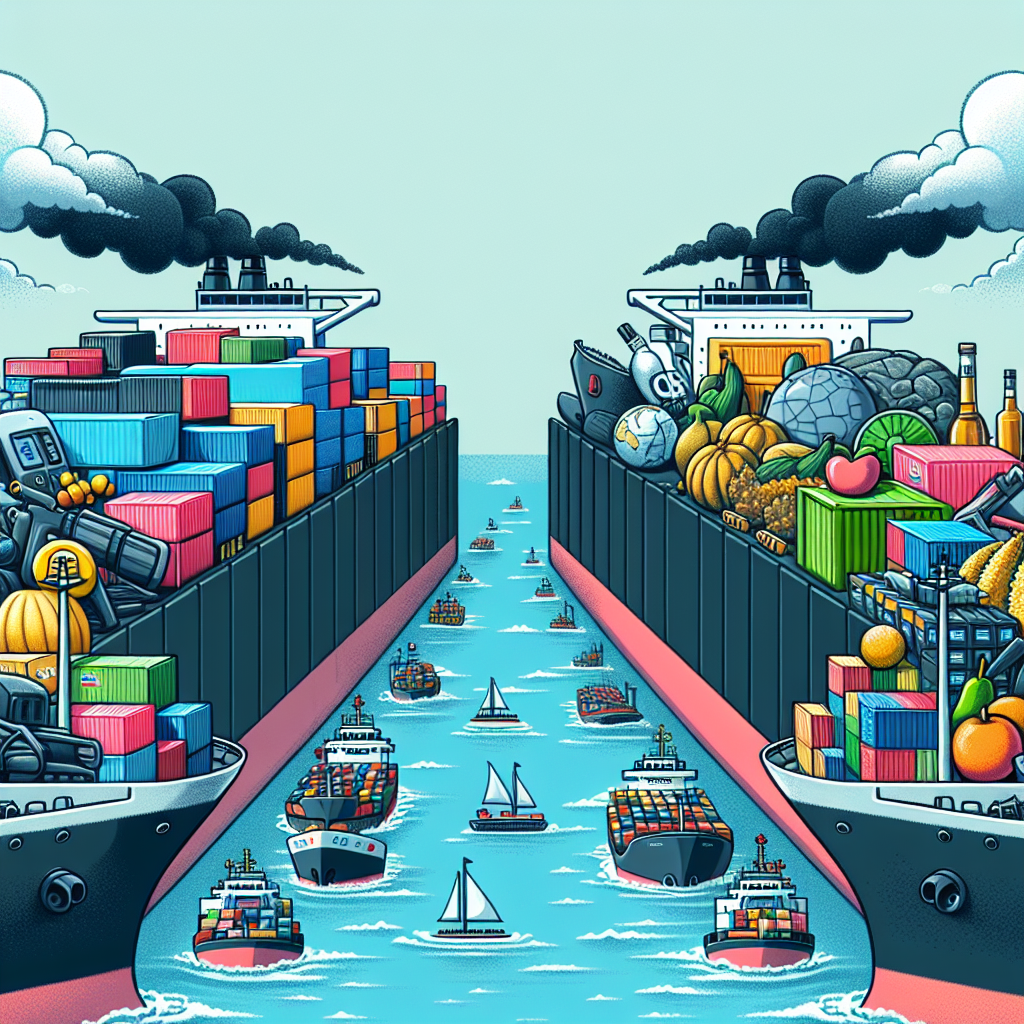Trade War Intensifies: Global Economies on Edge
China imposed 34% tariffs on U.S. goods and tightened export controls, escalating a trade war with the U.S., led by President Trump. This action, along with U.S. tariffs, affected global stock markets and raised fears of a recession. Companies with Chinese dependencies saw significant stock declines.

China has responded to U.S. President Donald Trump's trade policies by announcing a 34% tariff on American goods, escalating an ongoing trade war between the world's two largest economies. The move, unveiled Friday, also includes export restrictions on rare earth elements, escalating fears of a global recession.
Beijing's retaliation came as President Trump reinforced U.S. tariffs, resulting in a turbulent global market and drawing cautions from entities like J.P. Morgan, which predicts a growing risk of recession. Key tech stocks were among the hardest hit, highlighting the significant economic interdependencies at play.
Federal Reserve Chair Jerome Powell acknowledged the impact of these tariffs on economic stability, urging caution in policy decisions to mitigate inflationary risks. Amid the market fluctuations, Trump continued to push for Fed rate cuts, while the international community grappled with the broader implications of the evolving trade landscape.
(With inputs from agencies.)










